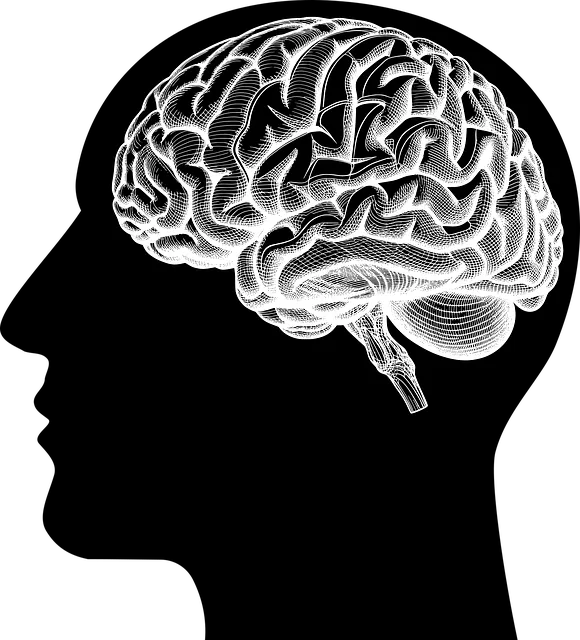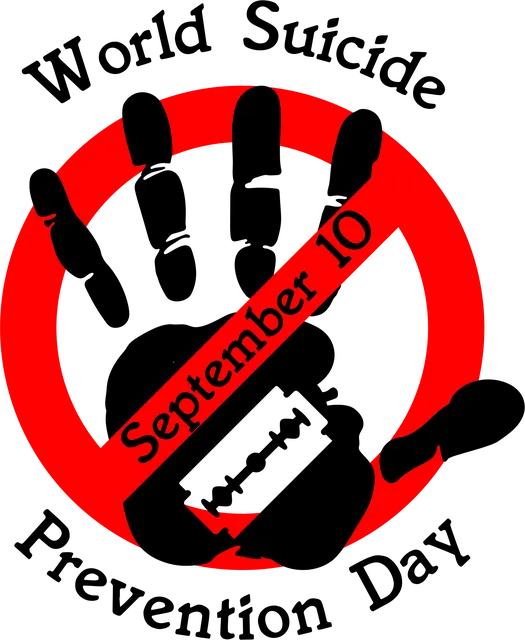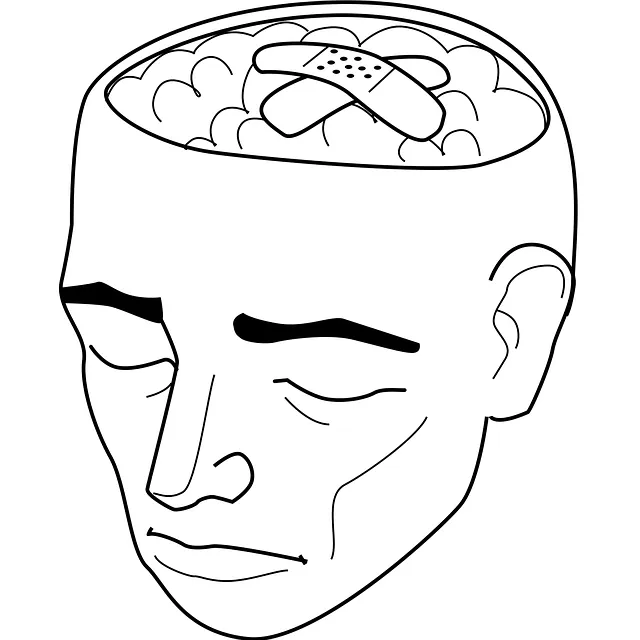Healthcare professionals can build resilience using the RFM framework (Recovery, Flexibility, Mastery) at Kaiser Permanente's highly regarded mental health center in Wheat Ridge. Their programs, including a podcast series, self-care coaching, and mindfulness exercises, reduce stress, prevent burnout, and align with stigma reduction efforts. Positive reviews highlight the effectiveness of these resilience-building initiatives in managing chronic stress, trauma recovery, and emotional stability, ultimately enhancing overall well-being. Integrating RFM practices into daily life, such as mindfulness, social connections, flexibility, and reflection, can yield significant benefits, as seen in the Kaiser Permanente mental health center reviews Wheat Ridge.
Resilience is a powerful tool for navigating life’s challenges, and RFM (Recovery, Flexibility, and Mastery) exercises offer a structured approach to building it. This article explores how these practices can enhance well-being, drawing from the example of Kaiser Permanente Wheat Ridge, a leading mental health center. We delve into the impact on individuals’ lives and provide practical steps for incorporating RFM techniques, backed by reviews highlighting success stories. Discover how these exercises can empower you to embrace resilience in the face of adversity.
- Understanding RFM and its Role in Resilience Building
- Kaiser Permanente Wheat Ridge: A Hub for Mental Health Support
- The Impact of Resilience Exercises on Well-being
- Evaluating Success: What Do Reviews Tell Us?
- Practical Steps to Incorporate RFM into Your Life
Understanding RFM and its Role in Resilience Building

Resilience is a vital asset for individuals to navigate life’s challenges and maintain well-being, especially in demanding professions like healthcare. This is where RFM (Recovery, Flexibility, and Mastery) comes into play as a powerful framework. At Kaiser Permanente mental health center reviews Wheat Ridge, professionals emphasize the importance of RFM in fostering resilience among providers.
RFM focuses on enhancing emotional intelligence, encouraging flexible thinking, and promoting a sense of mastery over one’s life. By implementing these principles, healthcare providers can better manage stress, prevent burnout, and improve their ability to support patients facing mental illness. This approach is particularly significant in light of the ongoing Mental Illness Stigma Reduction Efforts, as it equips professionals with tools to create supportive environments, benefiting both staff and patients.
Kaiser Permanente Wheat Ridge: A Hub for Mental Health Support

Kaiser Permanente Wheat Ridge stands as a beacon of hope and support for those navigating mental health challenges. This esteemed mental health center has garnered strong reviews from individuals who have benefited from its comprehensive services. Located in a vibrant community, it serves as a hub for those seeking to enhance their mental wellness. The center offers a diverse range of programs aimed at building resilience, including the popular Mental Wellness Podcast Series Production, designed to provide accessible insights and strategies for managing stress and anxiety.
In addition to its podcast initiatives, Kaiser Permanente Wheat Ridge focuses on empowering individuals through self-care routine development and tailored coaching programs. These efforts contribute to a holistic approach to mental health, encouraging proactive engagement in one’s well-being. The center’s dedication to fostering mental wellness has made it a go-to destination for those seeking support, with many praising its effectiveness in their journeys towards improved mental health.
The Impact of Resilience Exercises on Well-being

Resilience exercises have been shown to significantly enhance well-being, particularly in individuals managing chronic stress or recovering from traumatic events. These practices, often integrated into programs designed by mental health education experts, offer a powerful tool for improving mental health outcomes. For instance, Kaiser Permanente mental health center reviews in Wheat Ridge consistently highlight the positive impact of resilience-building workshops on patients’ ability to cope with life’s challenges.
By learning effective stress reduction methods and crisis intervention guidance, individuals can cultivate a sense of empowerment and emotional stability. This proactive approach to mental health care not only complements traditional therapy but also equips people with valuable skills that can be applied in various aspects of daily life, ultimately contributing to improved overall well-being.
Evaluating Success: What Do Reviews Tell Us?

Evaluating the success of resilience-building exercises is crucial, and one effective way to do this is through reviews, as demonstrated by Kaiser Permanente mental health center reviews in Wheat Ridge. These insights provide a window into the impact and effectiveness of such programs on individuals’ well-being. The reviews often highlight improvements in stress reduction methods, reflecting the success of these exercises in empowering participants with tools to manage their mental health.
Additionally, they shed light on the healthcare provider cultural competency training and emotional intelligence aspects of the sessions. Positive feedback regarding these elements underscores the importance of creating inclusive environments where individuals feel understood and supported, ultimately fostering a deeper connection between clients and their care providers.
Practical Steps to Incorporate RFM into Your Life

Integrating RFM (Resilience, Flexibility, and Mindfulness) into your daily routine can significantly enhance your overall well-being, as evidenced by the positive impact at Kaiser Permanente mental health center reviews Wheat Ridge. Here are practical steps to get started:
1. Cultivate Mindfulness: Start your journey with mindfulness meditation, a powerful tool for stress management. Regular practice helps you become more aware of your thoughts and emotions without judgment. This increased self-awareness allows you to respond rather than react to challenging situations, fostering resilience. Incorporate short mindfulness sessions into your day, focusing on your breath and the present moment.
2. Build Social Connections: Human connections are vital for building resilience. Engage in activities that foster social skills training and strengthen relationships. Join community groups, participate in team sports, or simply connect with friends regularly. These interactions provide a support system, offer different perspectives, and help you navigate life’s challenges together, contributing to overall mental health and resilience.
3. Practice Flexibility: Life is unpredictable, and adapting to change is essential for well-being. Incorporate exercises that encourage flexibility in thinking and behavior. This could include trying new hobbies, learning a different language, or embracing change in your daily routine. By stepping out of your comfort zone, you cultivate adaptability, a key aspect of resilience.
4. Stress Management: Implement stress management techniques into your lifestyle. Activities like yoga, deep breathing exercises, or even short walks in nature can reduce stress levels. Identifying and addressing triggers is also crucial, allowing you to proactively manage stress rather than letting it build up.
5. Regular Reflection: Set aside time for introspection and reflection. Journaling, for instance, can help you process experiences, identify patterns, and gain insights into your thoughts and feelings. This self-reflection enables personal growth and helps you develop effective coping strategies for future challenges.
Resilience is a vital asset in navigating life’s challenges, and RFM exercises have proven to be an effective way to build this strength. As evidenced by the success of Kaiser Permanente Wheat Ridge, a leading mental health center with numerous positive Kaiser Permanente mental health center reviews, incorporating resilience-focused practices can significantly enhance well-being. By understanding RFM principles and taking practical steps to integrate them into daily life, individuals can foster adaptability and thrive in the face of adversity. This journey towards resilience is a personal one, but with the right tools and support, it’s achievable for everyone.






